The psychedelic research hiatus and its relevance today
[In the 1950’s and 60’s] psychedelics were of little interest to pharmaceutical companies as the intervention seemed to treat illness, rather than alleviate symptoms. Consequently, the financial imperatives were lacking; fully recovered patients would not require continued medication… Sandoz was reluctant to share such proprietary and patented data (Bonson, 2018). When required by the FDA, the company…

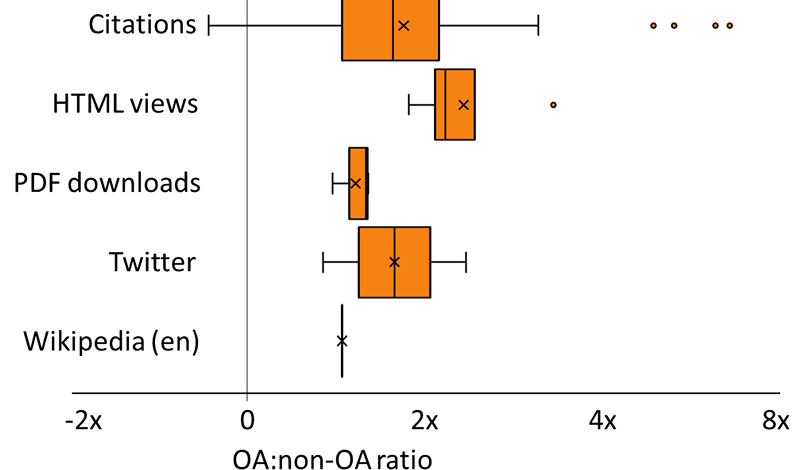
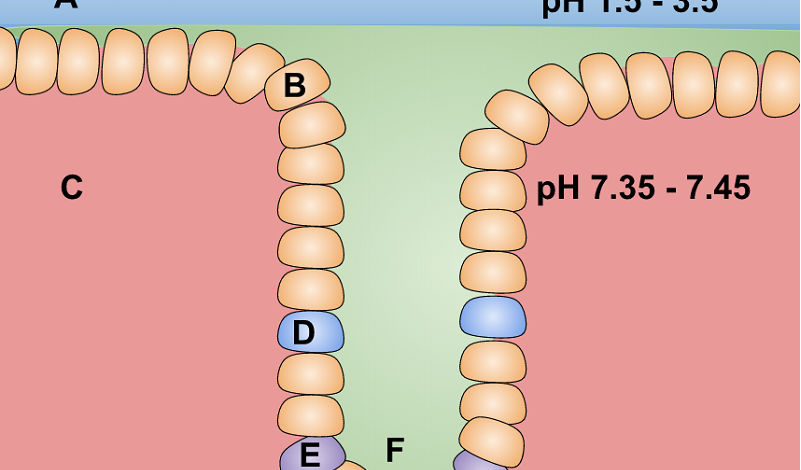


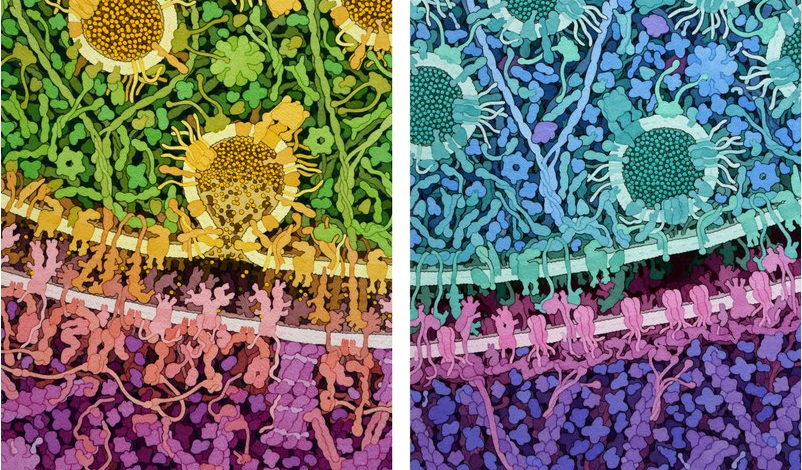
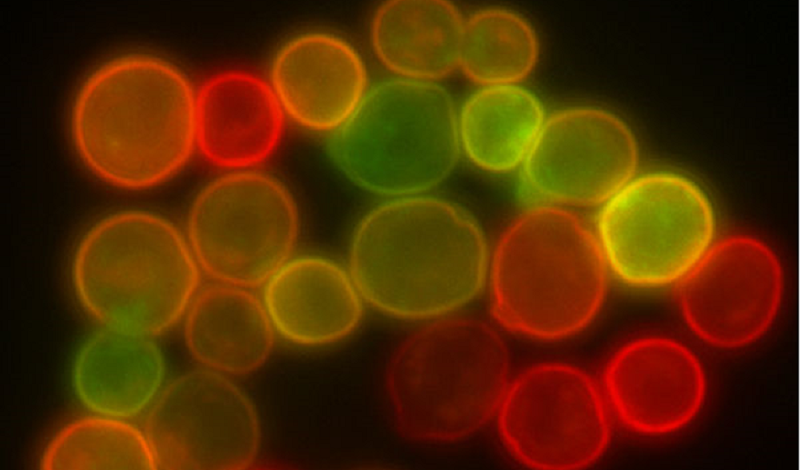
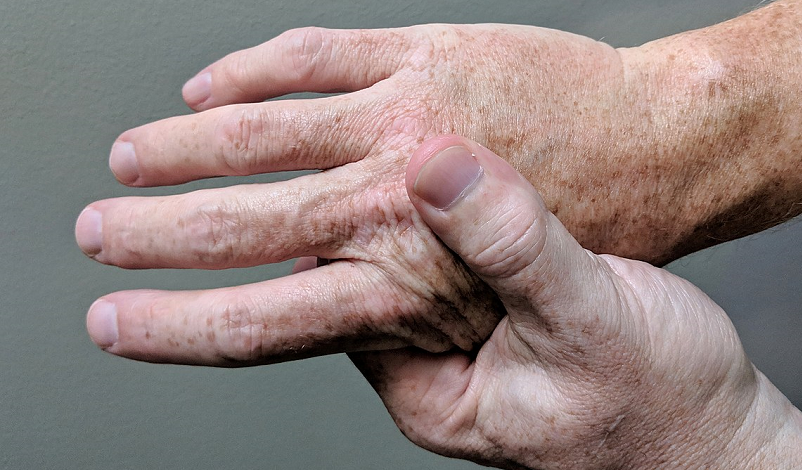
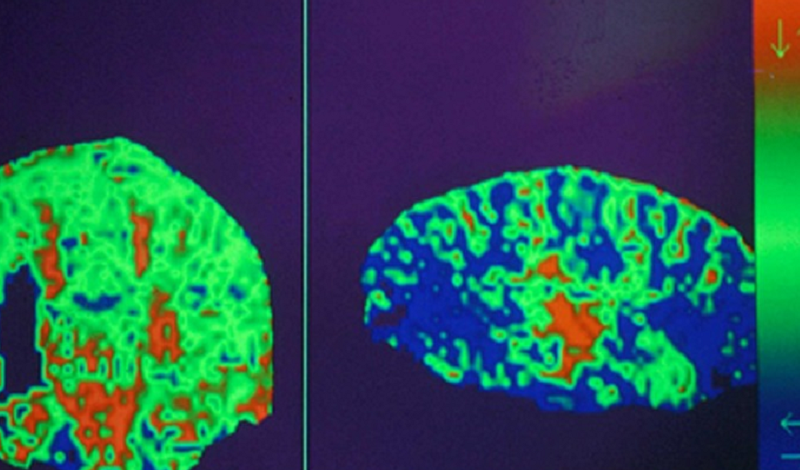
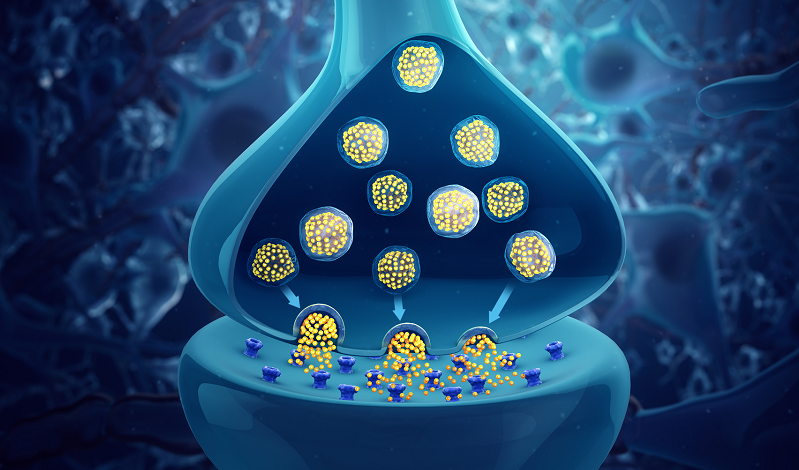
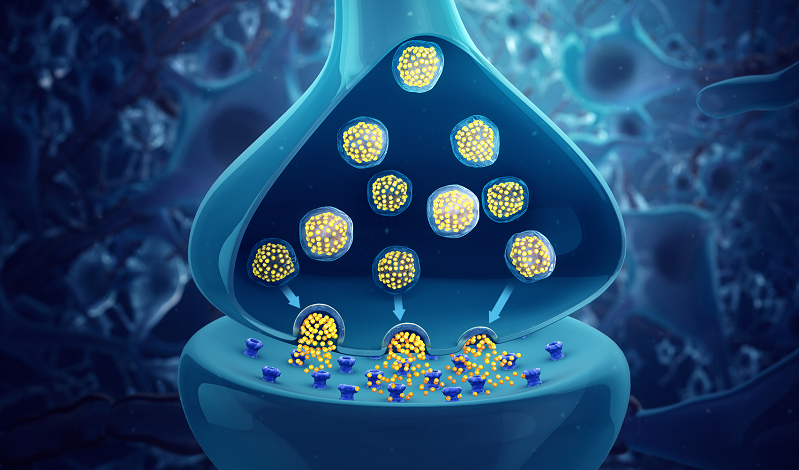
Recent Comments